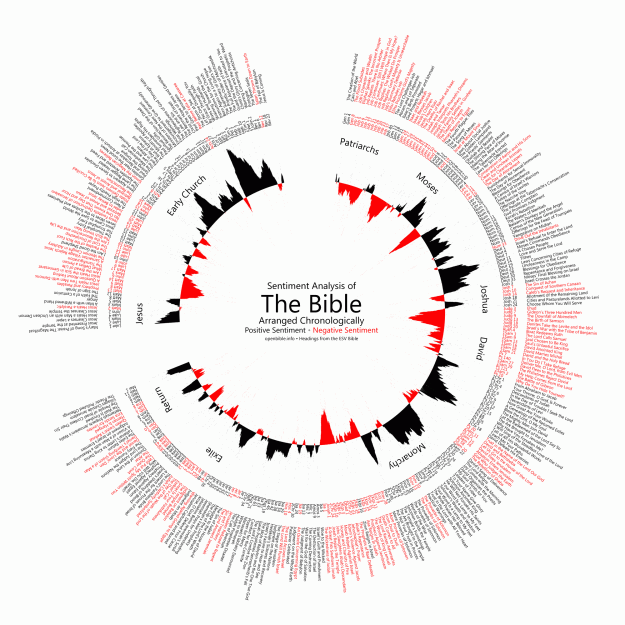Editors’ Choice: Culture + Heritage + Digital at Web Directions South 2011
Luke Dearnley and I were last minute additions to the Web Directions South lineup last week. Coaxed by Maxine Sherrin to do a ‘fireside chat’ we sat comfortably by a digital fire and talked broadly around some of the exciting projects that are happening in the digital heritage space right now.

